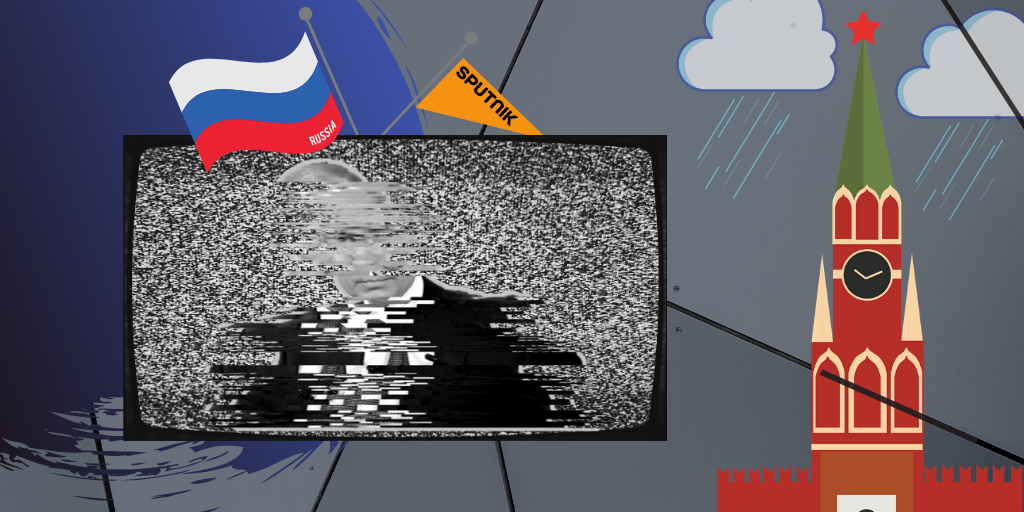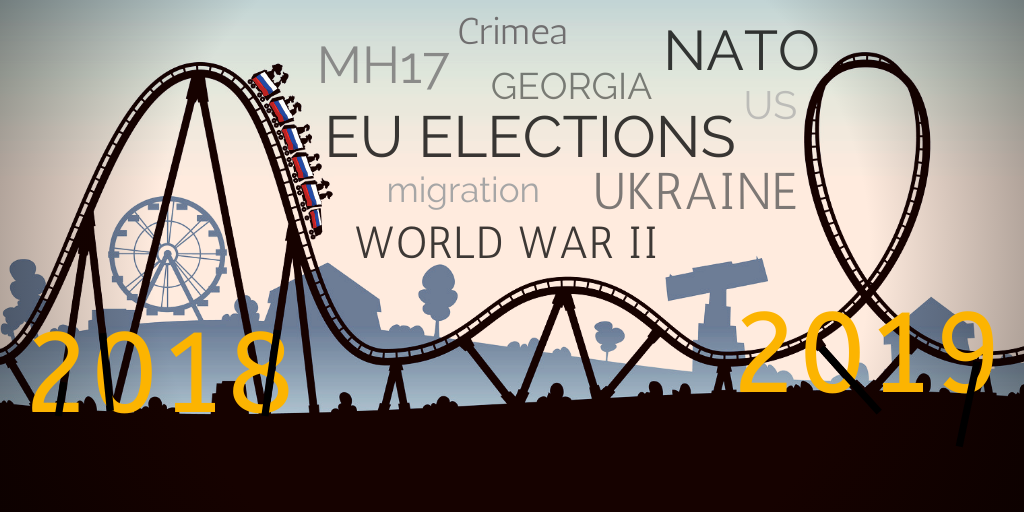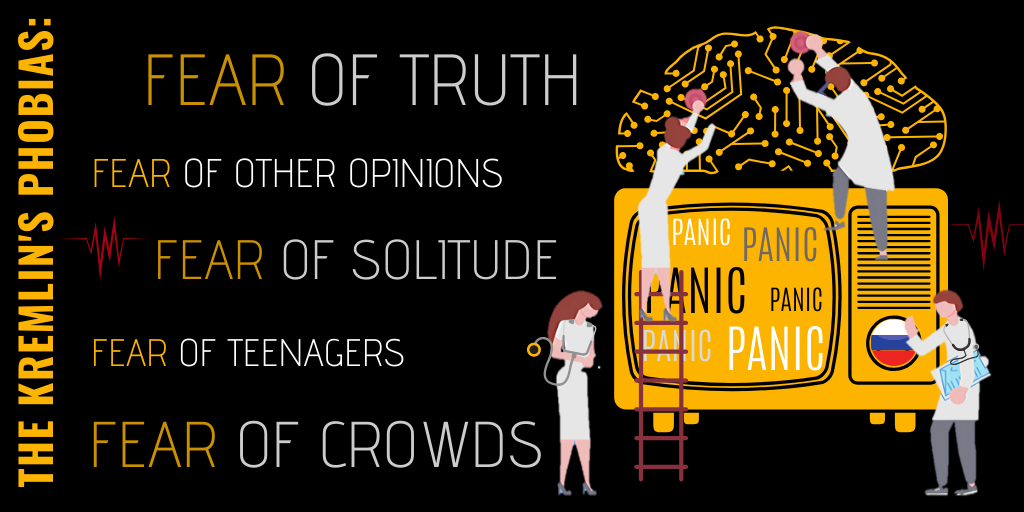Novaya Gazeta vs. the trolls
Two weeks ago, we described how the independent Russian newspaper Novaya Gazeta was targeted with harassment and intimidation ahead of its publication of an investigation into a series of poison attacks and the killing of a Kremlin-critical blogger.
According to the newspaper’s sources, these attacks were carried out by a special team in the security service of Yevgeniy Prigozhin, the owner of the “troll factory”, and popularly known as “Putin’s chef.”
The lines Novaya Gazeta, in this case, had crossed were in other words not the government’s, but those of a privately owned organization with close ties to the Russian authorities, and which is already known for supporting the government’s disinformation agenda with online trolling.
Slander and fake news
The punishment for Novaya Gazeta’s crossing the lines took the form of a funeral wreath with the name of the journalist behind the investigation and a severed goat’s head delivered to Novaya Gazeta’s newsroom.

The newspaper issued a statement after it received these threats and after the wave of harassment it had experienced following reporting about Russian military involvement in Syria.
The newspaper’s statement clearly identifies disinformation, trolling and harassment of journalists as parts of one cluster of problems.
Statement by the editorial staff of Novaya GazetaSlander is a dangerous weapon in our times. Slander and fake news lead to war, murder, and attacks on public figures and journalists.
The people who unleashed the campaign against Novaya Gazeta and its journalists in social media are well aware of the consequences of this writing in the atmosphere of hysteria and hatred that has reached unprecedented levels in Russia.
It is especially disgusting when a blatant lie forms the basis of a “wave of popular indignation.”
The allegations that Novaya Gazeta allegedly publicized data about Russian pilots fighting in Syria, which put their families in danger, are simply fake. We did not have any publications on this topic, neither in the newspaper nor on the website.
But this lie, repeatedly reinforced by the trolls and comments of some “opinion leaders” who were either bought or used in a dubious scheme, poses a real danger to journalists.
On the internet, there are calls for physical punishment of journalists; sinister “gifts”, symbolizing the death of specific people, are being brought to our newsroom.
We do not intend to tolerate this, especially since we can perfectly well imagine where the threat comes from.
We have only two weapons: publicity – and therefore we continue our work; and the law. The Ministry of Interior and other law enforcement agencies are obliged to do everything in order for the law to protect us.
We demand that these threats are investigated and that those responsible are punished.
Disinformation and intimidation outsourced
In Russia, the spread of disinformation is supported by instructions from the Kremlin: a narrative that trickles down through the media organizations controlled by and loyal to the authorities.
However, some of the more dirty work is carried out by private actors with close financial ties to the authorities.
As the case of Novaya Gazeta suggests, the sanctions imposed on Russian journalists that disrespect the narrative and cross “double white lines” can also be carried out by private actors.
When journalism is controlled in this way with intimidation and crackdowns, state-controlled and state-loyal disinformation has much more free play and its impact on society becomes larger.
Novaya Gazeta’s statement reminds us that the fight against disinformation is also a fight for free and independent media.
The ORDLO, Russia-occupied parts of the Ukrainian Donbas with no law, gives an idea of what may be the ultimate goal of the persecution of journalists in Russia. The nearly-full control of the local information field was taken in ORDLO just in months back in 2014.
“Controlled journalism” was one of the first measures imposed in the occupied territories of the Donbas. The occupation authorities have been silencing anyone whose reporting opposed the Russian propaganda narratives. Many local journalists or even those who just reported on the situation went underground or had to flee the occupied cities after pogroms of newspaper offices, threats, arrests, and show trials.
As a result, the information field became fully controlled and most of the news reports inside ORDLO are produced by “official” pseudo-news agencies, loyal local news outlets, Russian state-run press, and foreign journalists who obtain accreditation to even enter the territory.
The controlled information field in ORDLO gives two major advantages: it’s easy to manipulate the minds of local residents to keep the masses loyal to the invaders and embittered against Ukraine, and it helps to create a bright North-Koreaish picture for the outside world. Having no other sources, Ukrainian media often spread the Russian-desirable narratives republishing or citing the materials, produced in the area under full information control.
Further reading:
- Putin’s cook Prigozhin linked to attacks on Putin critics, bloggers
- Russian Journalists Fight Back Against Disinformation
- Four factors affecting press freedom in Russia
- Putin’s Cook and other indictments
- US indictment sheds light on the Russian troll factory instruction system
- Kremlin-paid internet commenters caught red-handed
- UK journalist who wrote about Crimean Tatar political prisoners fined, expelled from Crimea
- How Estonian Public Broadcasting creates an alternative to Russian propaganda
- The paid word: who owns Ukrainian media
- The attack on media freedom in Crimea threatens to stop coverage of rights abuses
- Why Ukraine banned 17 Russian journalists
- Ukrainian journalist Roman Sushchenko celebrates birthday in Putin’s prison








